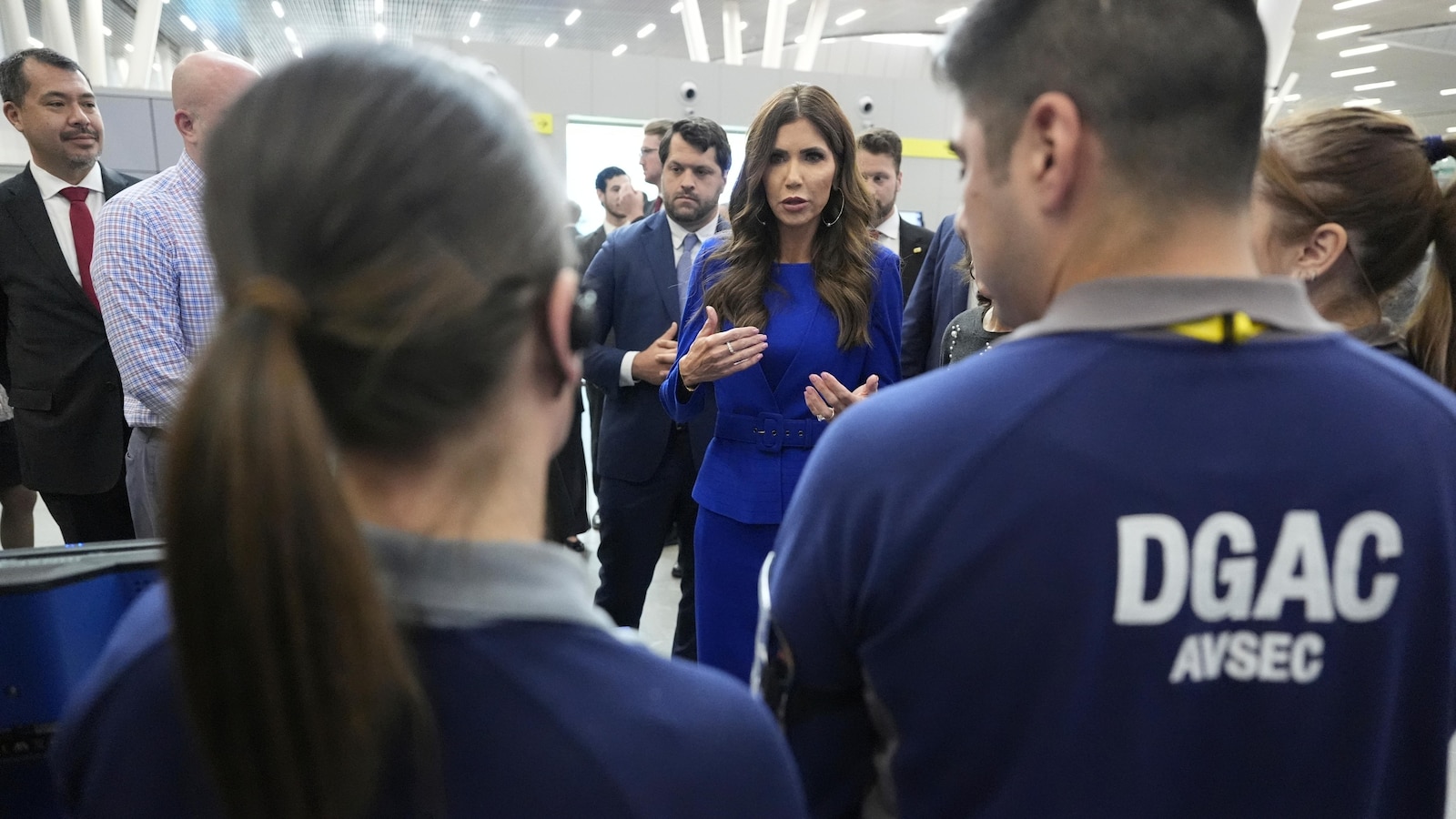ARTICLE AD BOX
A zoo in the southern German city of Nuremberg has culled 12 healthy Guinea baboons due to overcrowding in their enclosure, after which they were fed to predators.
Seven animal rights activists were arrested on Tuesday after they entered the Tiergarten Nürnberg zoo in protest against the decision. One woman glued her hands to the ground near the entrance.
Overcrowding had caused an "increase in conflicts" between the baboons and no alternative for re-housing them could be found, the zoo said.
Christoph Maisack, head of the German Legal Association for Animal Protection Law, said letting the animals breed too freely "cannot constitute such a reason" for their killing.
The zoo in Nuremberg had announced plans to kill some Guinea baboons last year, after its population exceeded 40 - more than the 25 that could be housed by a complex completed in 2009.
Zoos in other countries that baboons had previously been sent to had also reached capacity and contraception measures had failed to slow the population growth, the zoo said.
On Tuesday morning, the zoo announced that it was closing for "operational reasons", triggering demonstrators to climb over the zoo's fence near the entrance, where they were arrested.
Later, the zoo confirmed that it had killed the baboons - none of which were pregnant females or part of scientific studies. The animals were shot, samples were taken for research purposes, then their bodies were fed to the zoo's predators.
Dag Encke, the zoo's director, said the decision came after "yearslong consideration", and that the culling of animals can be a "legitimate last resort to preserve the population".
Encke added that the action was in line with criteria set out by the European Association of Zoos and Aquaria (EAZA).
Animal rights groups have filed a criminal complaint against the zoo for culling baboons which were in "perfect health".
A spokesperson for Pro Wildlife said the decision was "avoidable and illegal", adding: "Healthy animals had to be killed because the zoo maintained irresponsible and unsustainable breeding policies for decades."
European zoos have previously sparked controversy for culling animals.
In 2014, a zoo in Copenhagen culled a giraffe - named Marius - because his genes were too close to the other giraffes in the zoo's breeding programme.
A post-mortem of the giraffe - during which the carcass was skinned, cut up and then fed to the lions - was broadcast live online.

 19 hours ago
17
19 hours ago
17








 English (US) ·
English (US) ·